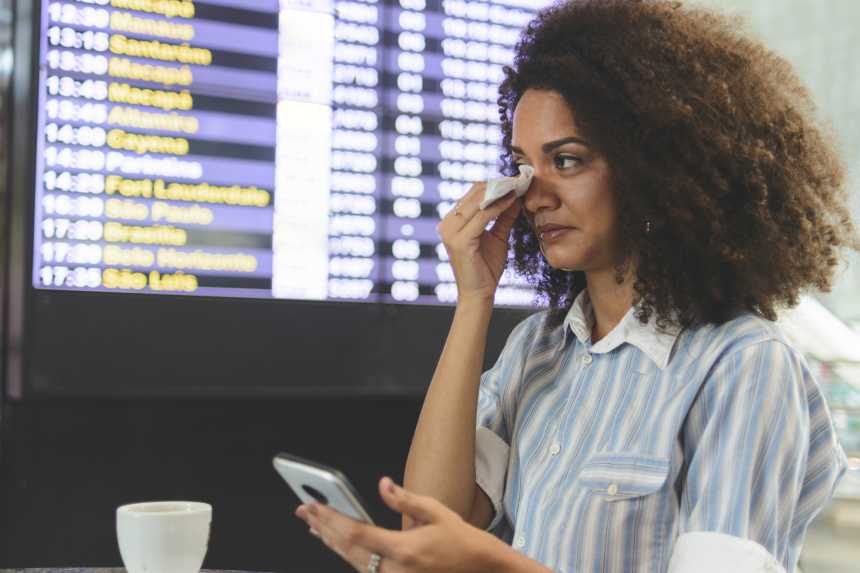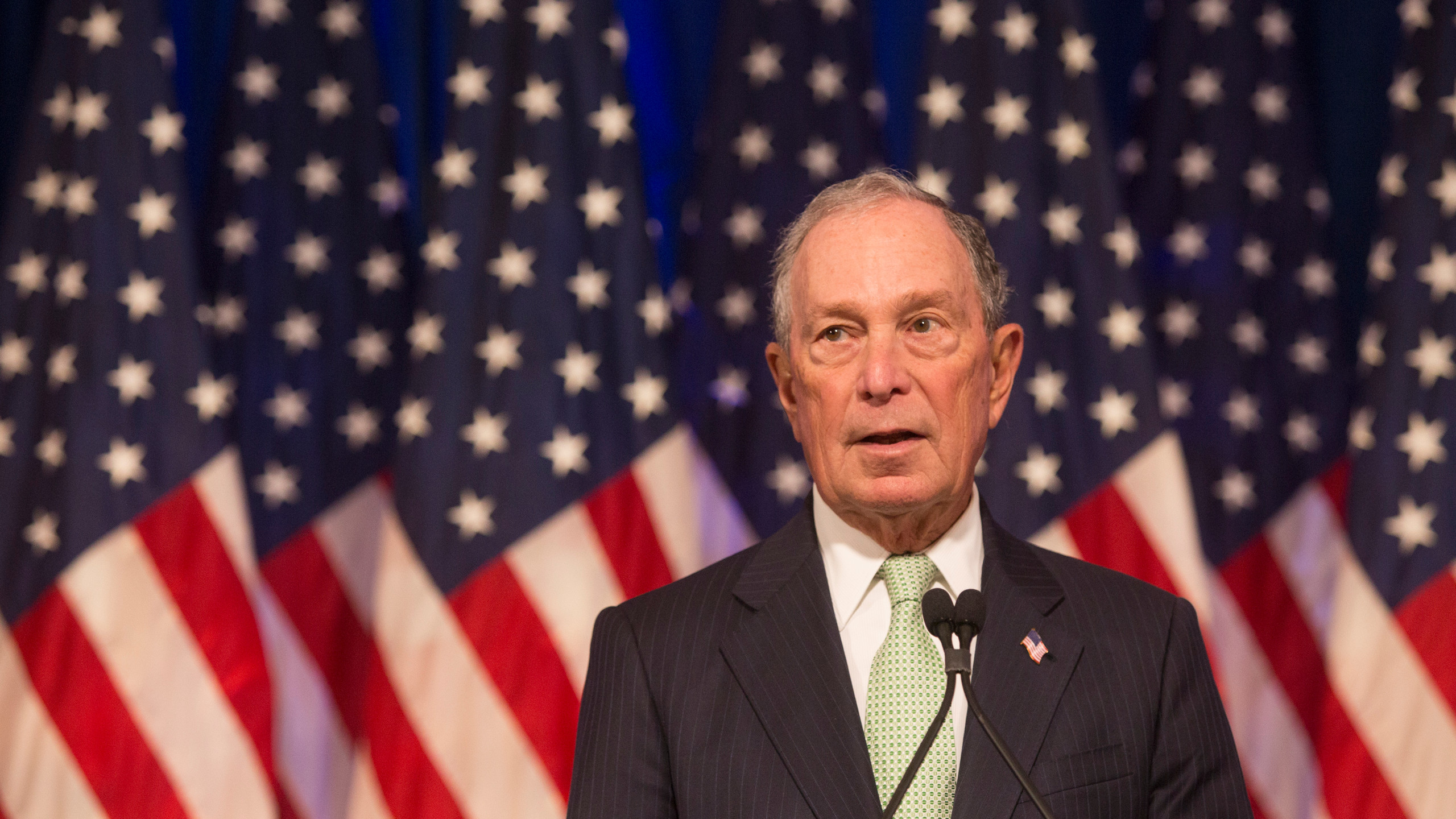
Traveling anytime soon? It can be a little scary now with the coronavirus going around and see ordinary people wearing masks in the airport.
So what do you do to protect yourself while traveling?
The World Health Organization issued some recommendations to travelers during this Coronavirus outbreak.
They say travelers who are sick to delay or avoid travel to affected areas, in particular for elderly travelers and people with chronic diseases or underlying health conditions.
General recommendations for personal hygiene, cough etiquette and keeping a distance of at least one meter from persons showing symptoms remain particularly important for all travelers. These include:
– Perform hand hygiene frequently, particularly after contact with respiratory secretions. Hand hygiene includes either cleaning hands with soap and water or with an alcohol-based hand rub. Alcohol-based hand rubs are preferred if hands are not visibly soiled; wash hands with soap and water when they are visibly soiled;
– Cover your nose and mouth with a flexed elbow or paper tissue when coughing or sneezing and disposing immediately of the tissue and performing hand hygiene;
– Refrain from touching mouth and nose;
– A medical mask (optional). A medical mask is not required if exhibiting no symptoms, as there is no evidence that wearing a mask (of any type) protects non-sick persons. However, in some cultures, masks may be commonly worn. If masks are to be worn, it is critical to follow best practices on how to wear, remove and dispose of them and on hand hygiene after removal.
As for any travel, travellers are also advised to follow proper food hygiene practices, including the five keys for food safety, as well as recommendations to reduce the risk of transmission of emerging pathogens from animals to human in live markets.
Travellers returning from affected areas should self-monitor for symptoms for 14 days and follow national protocols of receiving countries. Some countries may require returning travellers to enter quarantine. If symptoms occur, such as fever, or cough or difficulty breathing, travellers are advised to contact local health care providers, preferably by phone, and inform them of their symptoms and their travel history. For travellers identified at points of entry, it is recommended to…









